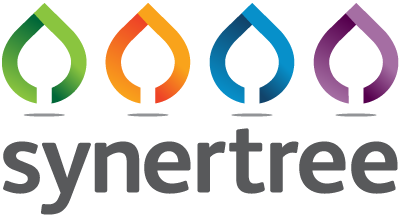
Synertree Says: Synertree attended the workshop to provide feedback on the GHG calculator through the DECC stakeholder consultation. The tool presented is based on the DECC 2050 Pathways calculator but focuses on biomass production and use. This 'calculator' is perhaps better described as a policy tool as it models potential GHG emissions for different biomass feedstocks, but also investigates the GHG impacts of different aspects of the carbon balance, including carbon debt and foregone carbon sequestration. Our feedback is that this is a useful tool for making policy decisions, but shouldn't be used at an individual company level, as this confuses consequential and attributional LCA. We are pleased to see that DECC and the UK Govt is applying progressive thinking by looking at future energy supply scenarios. There is also a significant amount of useful data and information in the tool. However there is also a lot of uncertainty and there is a risk the tool could be used out of context by individuals or organisations which do not appreciate the complexities of bioenergy systems or LCA methodology. Overall, DECC have produced a very useful model for the science, policy, and research community, but this tool should be seen as a way to assist decision-making rather than calculating actual emissions from real supply chains.
Official info: DECC hosted a workshop to present their newly developed bioenergy carbon calculator for the assessment of the greenhouse gas emissions (GHG) emissions associated with different biomass feedstocks.
Location: Hamilton House in London.
Official website: click here
Official info: DECC hosted a workshop to present their newly developed bioenergy carbon calculator for the assessment of the greenhouse gas emissions (GHG) emissions associated with different biomass feedstocks.
Location: Hamilton House in London.
Official website: click here


 RSS Feed
RSS Feed
